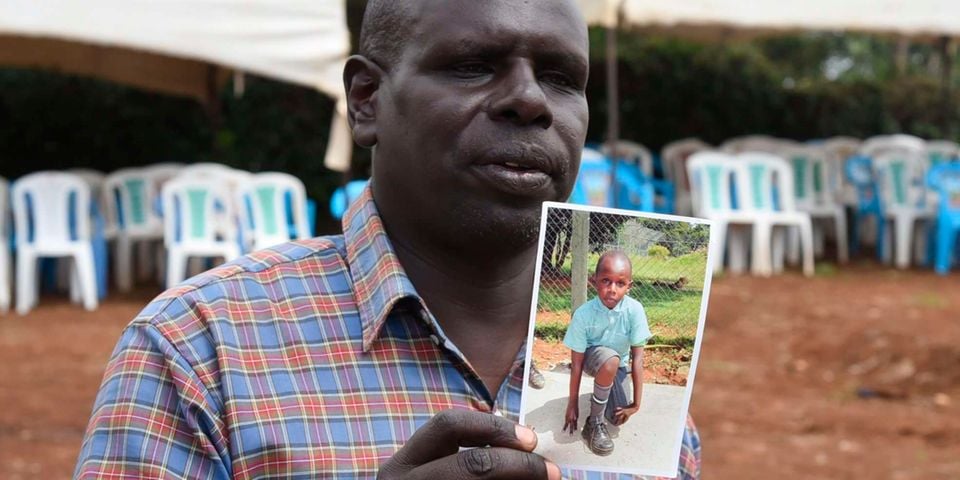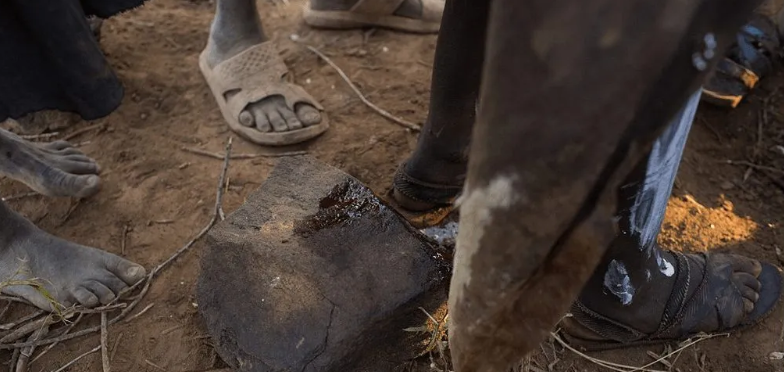A family in Tarakwa, Uasin Gishu County, is grieving the loss of their 14-year-old son, who passed away last week from an infection brought on by an improper circumcision on December 3.
The adolescent was eager to enroll in a prominent high school in the nation after successfully passing his primary school leaving exam with 395 marks.
The youngster had attended the customary procedures with his four cousins at his uncle’s house in Lelmokwo, Nandi County on the day of the initiation. The five were scheduled to participate in a lavish graduation ceremony later in the month.

However, he started throwing up, lost his appetite, and looked weak two days later. He experienced swelling in his legs and complained of stomach and chest aches.
“Eighteen days after the initiation, and after an array of treatments, his condition worsened, forcing us to refer him for specialised treatment in an Eldoret hospital. Since he was in bad shape, he was admitted to the Intensive Care Unit (ICU) after he was diagnosed with septic shock,” disclosed the father.
“He died three days later while still undergoing treatment. The other four initiates were healthy and graduated on December 28.”
Septic shock is a widespread infection causing organ failure and dangerously low blood pressure.
The symptoms include pale and cool arms and legs, chills, difficulty in breathing and decreased urine output. Mental confusion and disorientation may also develop quickly. Mr Kirwa blamed the death of his last-born son on a delay in diagnosing the condition. “He was being treated for the wrong ailments,” he said.
And as he prepares to bury his son today, Mr Kirwa is calling on parents and guardians to be extra vigilant during such initiation ceremonies.
“Majority of children in the region are now under seclusion and such ailments might occur. They should rush their children to the hospital without hesitation to avoid life loss,” said the distraught father. An uncle to the deceased, Mr John Birech, said they initially thought the change of weather conditions and diet was the cause of his suffering before his condition worsened.
“We thought the body was reacting to the environment and the food given and, because of limited movement, the feet were swollen. We brought two doctors to manage the symptoms in vain and that is when we decided to rush him to the hospital,” he said.
“A tetanus jab was administered prior to circumcision and we are perturbed about what caused the infection. The other initiates had no problem throughout the entire seclusion period.”

Another uncle, Mr Katwa Kigen, said the boy underwent the initiation through the African Inland Church. “We have faith he was in good and responsible Christian care, from what we saw and knew. We are awaiting a post-mortem exam to establish the cause of death,” said Mr Kigen.
Moi Teaching and Referral Hospital (MTRH) chief executive Wilson Aruasa said there was a rise in hospitalisation cases as a result of post-circumcision sepsis.
“About four boys were brought in on diverse dates since early December with post-circumcision sepsis, mainly from the Burnt Forest area. On December 28, we received another initiate from Ziwa who is still admitted in ICU,” said Mr Aruasa.
“The others were managed in the general wards and discharged. We are working with the County Health Department to educate local communities about infection prevention and control measures.”








